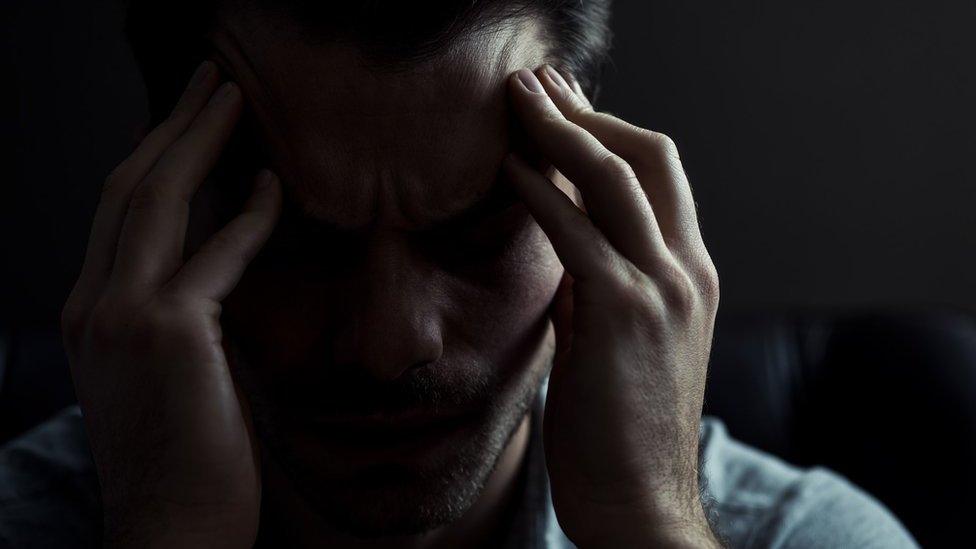Could new mental health hubs reduce suicide rates?
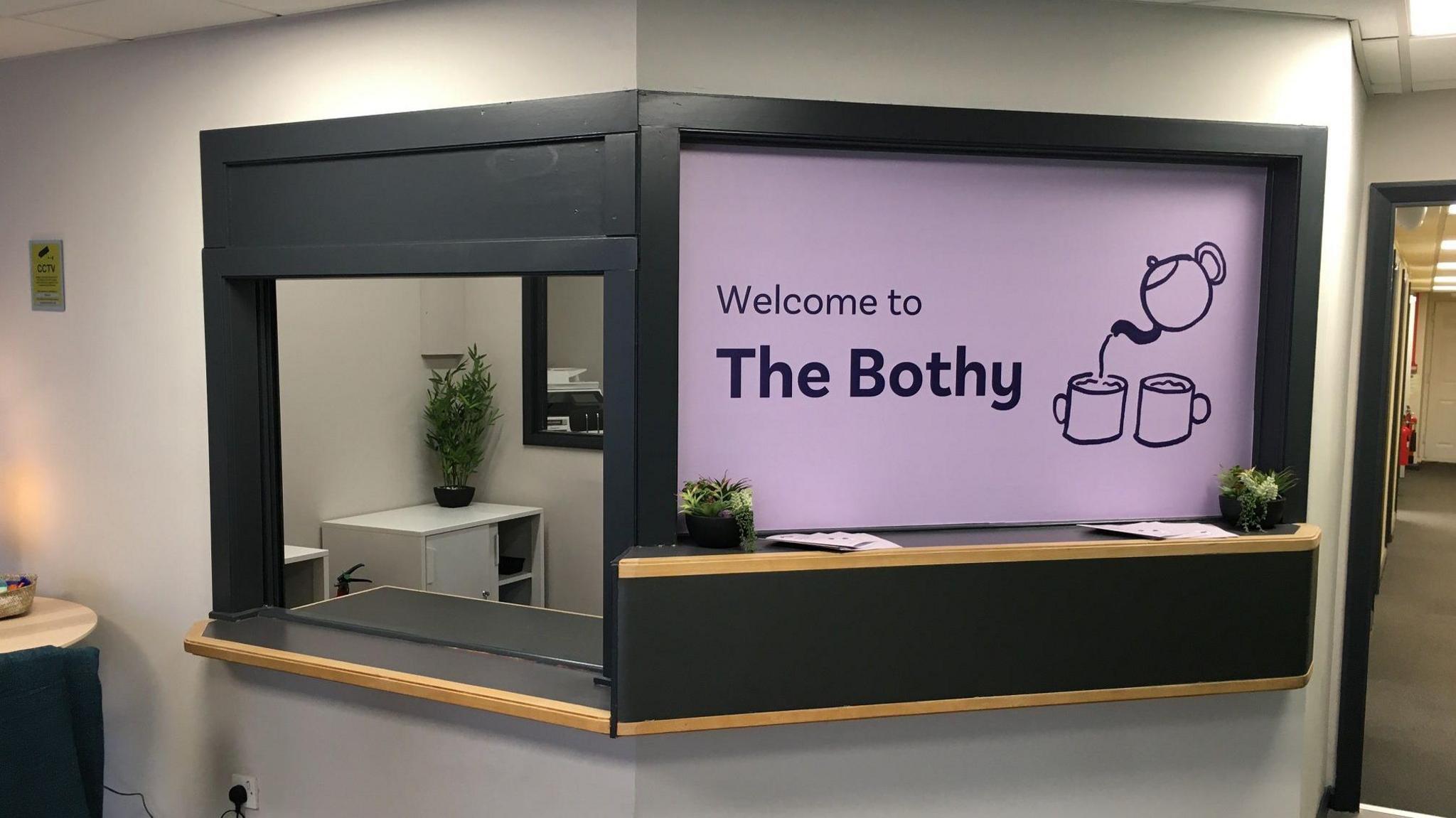
Reception area in the first mental health crisis "safe haven" scheduled to open in Ashington later this month
- Published
With the highest suicide rate in the country and its police forces reporting an alarming rise in mental health-related call outs, a charity in the North East of England is hoping new walk-in safe havens could help. How would it work?
At a support group in Wallsend for people with anxiety, Anne, a lady in her 50s, shares her story about the first time she contacted her local crisis care team.
“It was lockdown," she says, adding: "I knew I wasn’t myself, but nobody saw you, GPs or anything, so you were left.
"The day I called the crisis team my husband was out and I knew I needed extra help. Without them I don’t know if I’d be here today.
“I was one of the lucky ones. I knew what to do.”
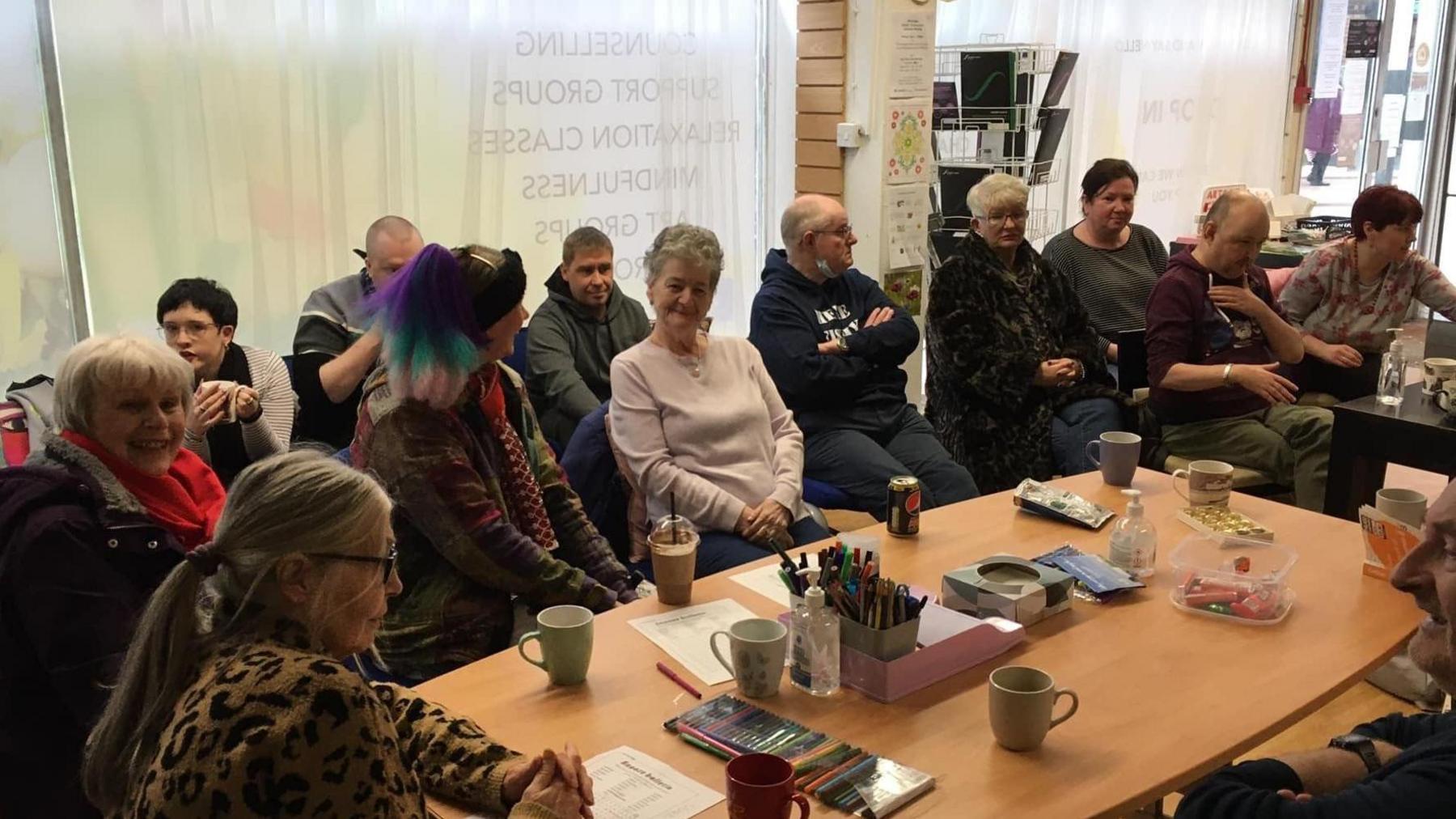
The Anxious Minds support group meets in Wallsend
Anne says she knew about the local crisis team because she worked in the NHS and had called them previously on behalf of patients. For her, the experience was a good one.
“I couldn’t knock them at all, I got the help I needed, " she says, adding: "Then I found this group, which has been brilliant.”
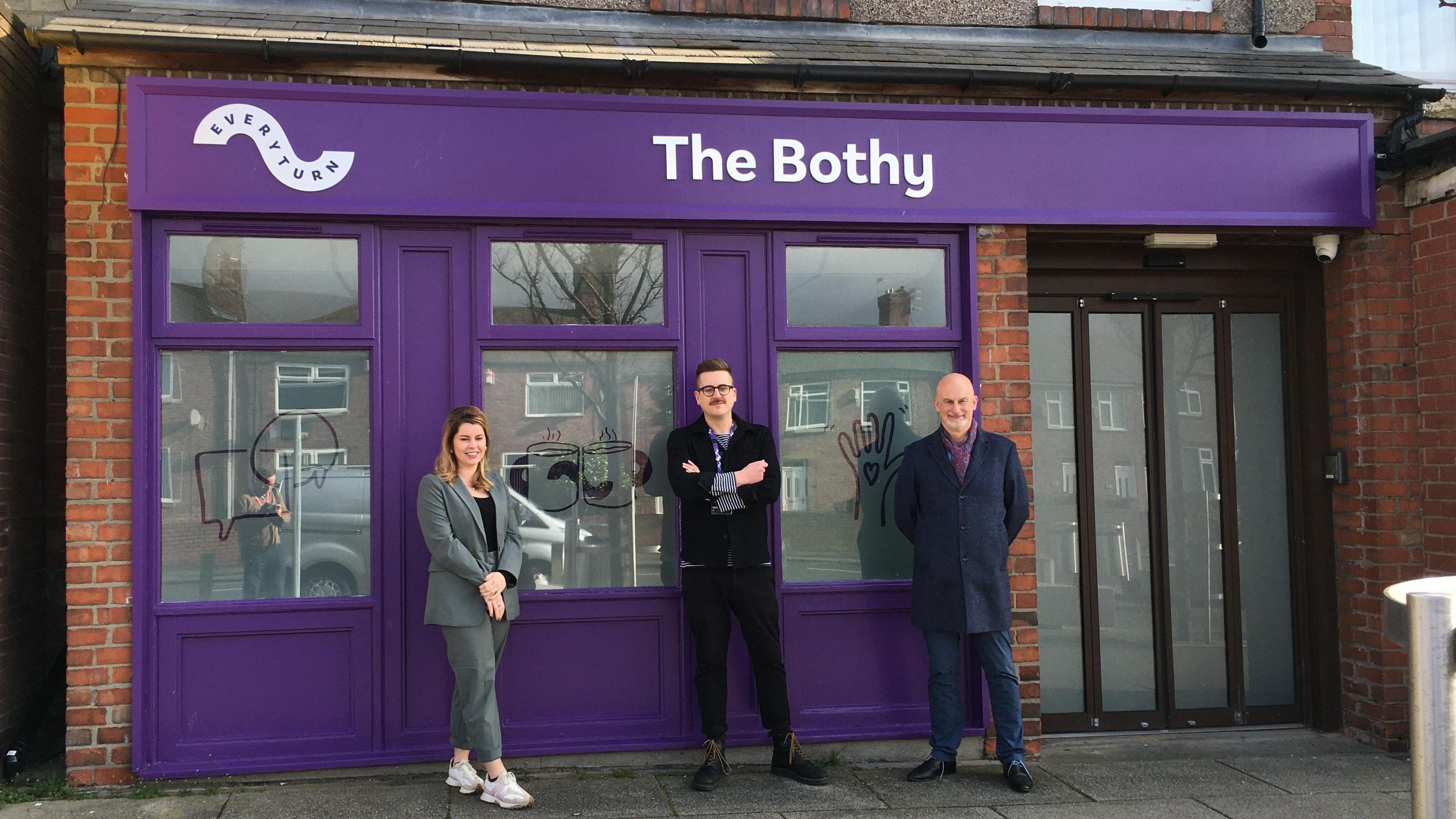
Police and Crime Commissioner Kim McGuinness, Everyturn CEO Adam Crampsie and James Duncan from CNTW NHS Foundation Trust
It’s the sense of sanctuary and support Anne has found that the charity Everyturn, external is hoping to emulate in the new mental health safe havens being opened in the North East, starting in late March.
The charity already provides phone-based crisis support for the NHS, but Everyturn chief executive Adam Crampsie said there was a need for physical safe spaces people could go to.
He says the aim of the new centres is to intervene and help people before any of the 1,137 acute mental health beds in the North East and Cumbria are needed.
"I want 20, 30, 40 or 50 of these," Adam said, adding: "We can’t have too many where suicide rates are so high."
The NHS has provided £1m for the project which Adam says should make financial sense, adding "the cost of a suicide to the economy is nearly £1.7m per suicide".
What is a mental health crisis?
The NHS defines a mental health crisis as a situation where a person feels they are unable to cope or be in control of their situation.
This can be due to various reasons, including but not limited to:
Feeling strong emotional distress
Having thoughts of self-harm or suicide
Experiencing hallucinations or delusions
Finding oneself in a state of extreme anxiety or panic.
Some patients told us they can find it hard to know where to turn for support in the midst of a crisis.
What support is on offer now?
The NHS emphasises the importance of immediate support in these situations, which can include contacting a GP, seeking support from a local mental health crisis team via 24-hour helplines, or going to a hospital's Accident & Emergency (A&E) department.
Someone in mental health crisis can feel overwhelmed, scared, and unable to make decisions or care for themselves, so getting the right support can be challenging.
Ray from Northumberland says he was relieved to have had a home visit from his local crisis team last year, which ended with his voluntary attendance at a mental health hospital.
“A crisis is scary," he said, adding: "I was very, very lucky.
"That’s what you want, someone who really cares."
Police call outs up by 152%
In some situations, if a patient is deemed at risk of harming themselves or others, the police can be called.
Police and Crime Commissioner Kim McGuinness says Northumbria Police have seen a 152% increase in the number of mental-health related call outs in the last year.
"The police are inundated with calls for mental health cases because they are the service of last resort," she says, adding: "If you’re in mental health crisis you should not be met by someone in a yellow jacket carrying handcuffs.
"You need mental health support."
What will the new hubs do differently?
The first walk-in - The Bothy, on Laburnum Terrace in Ashington - will open in late March between 14:00 and 22:00 every day of the year offering help with issues including:
Financial issues or debt
Unemployment or issues at work
Housing issues
Relationship difficulties
Social isolation
The Bothy will also provide space for community groups during the day, including men’s groups like What’s the Craic, run by Blyth boxing coach Les Welsh.
He believes people in Ashington will welcome the new facility, adding: "It’s fair to say that in places like Blyth, Ashington and surrounding area, there are a lot of people suffering in silence.
"This is finger-on-the pulse type stuff where people can come, walk in and share their problems and they’ll find some kind of solution.
"It’ll help give you hope and a plan."
However, not everyone is convinced that safe havens are the best use of funds.
Eddie Dean runs Anxious Minds, the charity which offered Anne talking therapy after she experienced a mental health crisis.
“To support anyone in crisis takes a lot of work," Eddie says, adding: "They get referred to the crisis team, they might get a mental health nurse round, but eventually they’ll get referred to projects like the ones we provide.
"In our nine years as a charity, we’ve never had NHS funding, yet NHS services refer people to us.
"So why aren’t we spending this money on funding projects like Anxious Minds, to keep the work going?"
Levi Buckley, executive area director at the NHS’s North East and North Cumbria Integrated Care Board, said: "The aim is to provide support where it is most needed to help tackle the North East's high suicide rate, while also providing a more appropriate emergency space than A&E.
"The safe haven team can help to deal with issues that might be causing a crisis – like relationship breakdown, financial difficulties, housing or alcohol dependency. If someone needs more specialist crisis support, the team have links in place with other services so support can be accessed quickly."
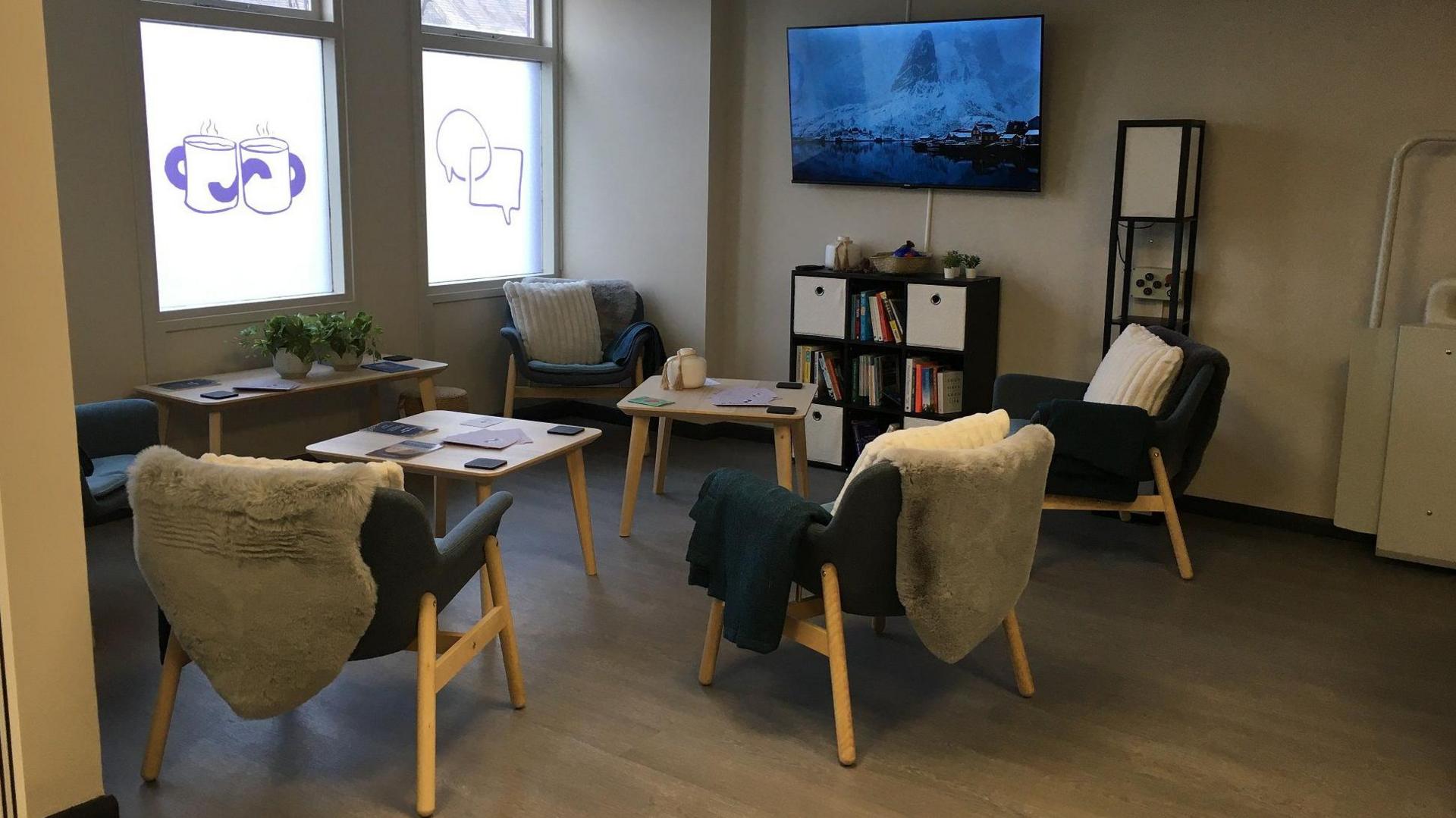
Inside The Bothy safe haven in Ashington
Back at Anxious Minds, Anne considers whether she would have attended the planned centre there when it opens.
“At the time I felt as if everywhere I went for help, doors were shut in my face, there was just, nothing," she says.
"I would have gone to a safe haven, definitely, rather than A&E.
"Some people need medication, but others just need to voice how they feel. For me, that’s so much better than medication."
Related internet links
More information
- Published18 January 2024
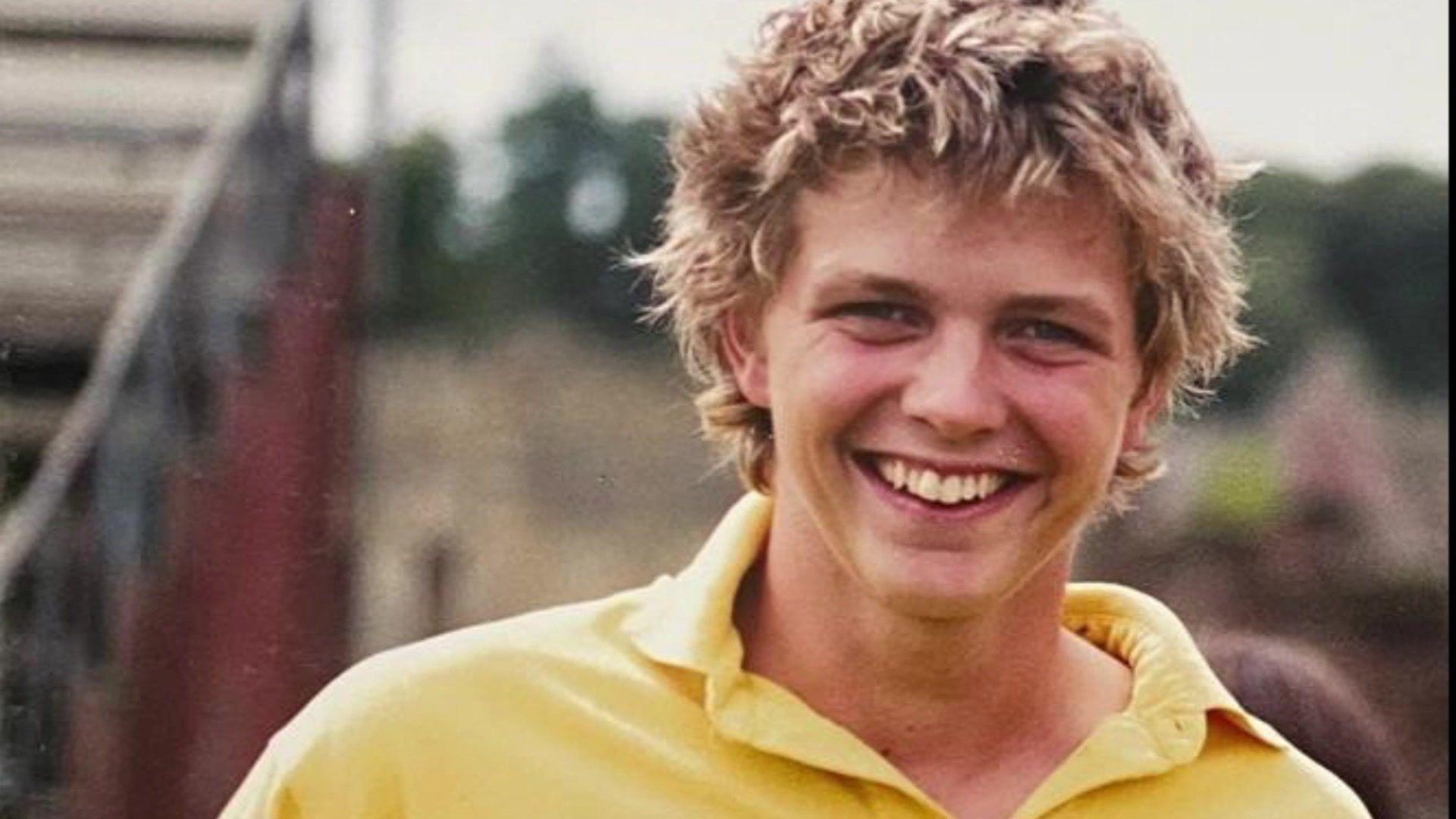
- Published12 February 2023
